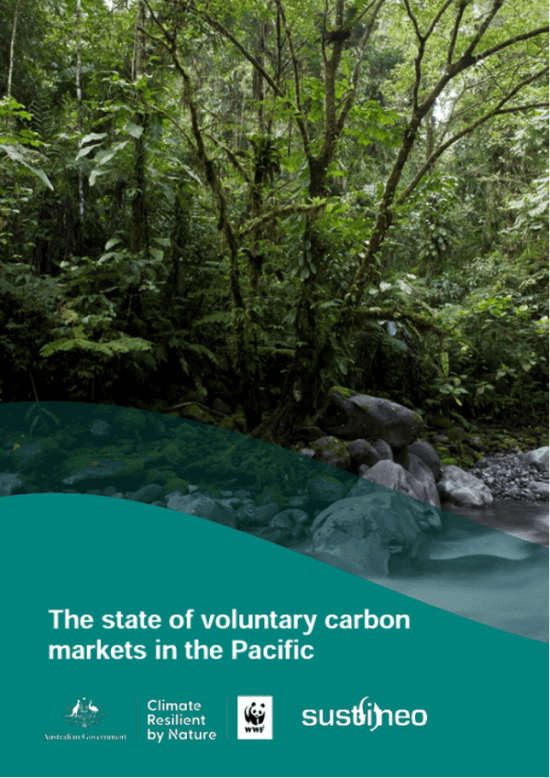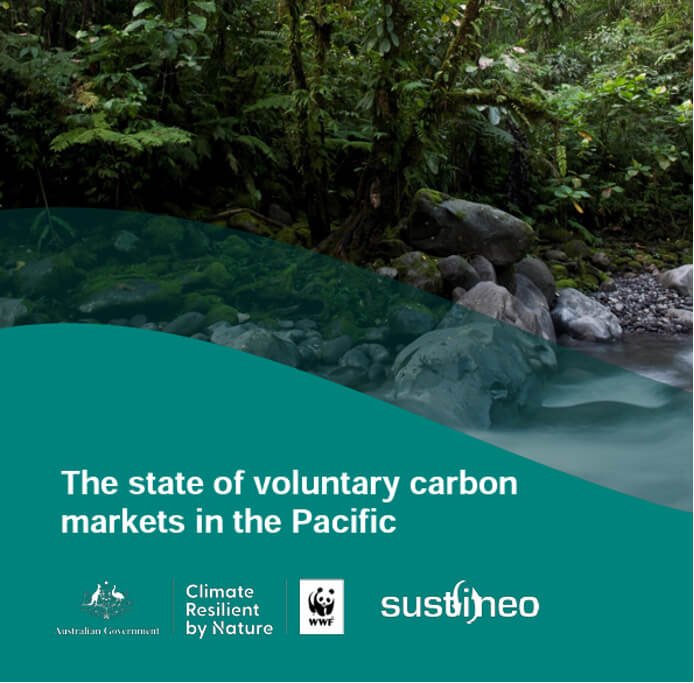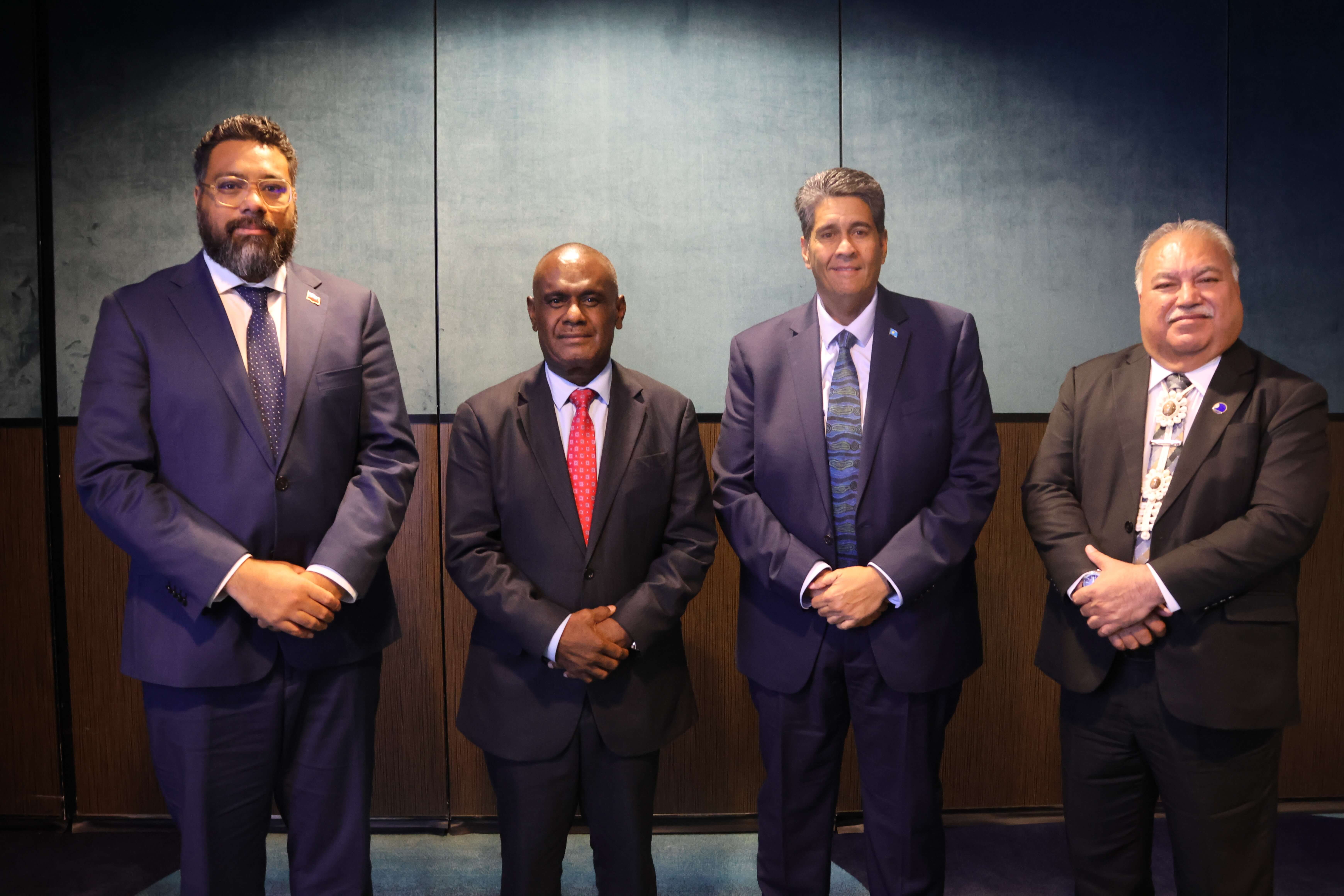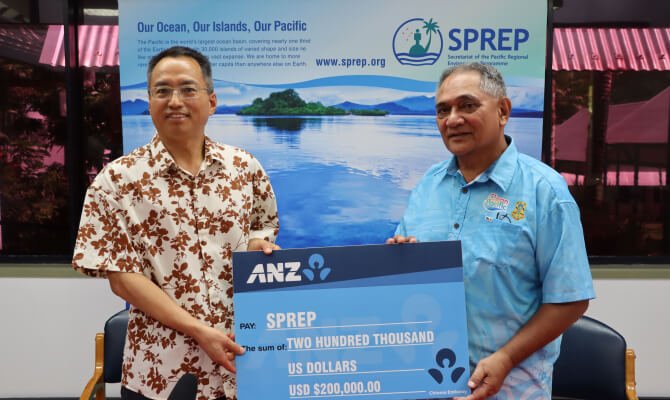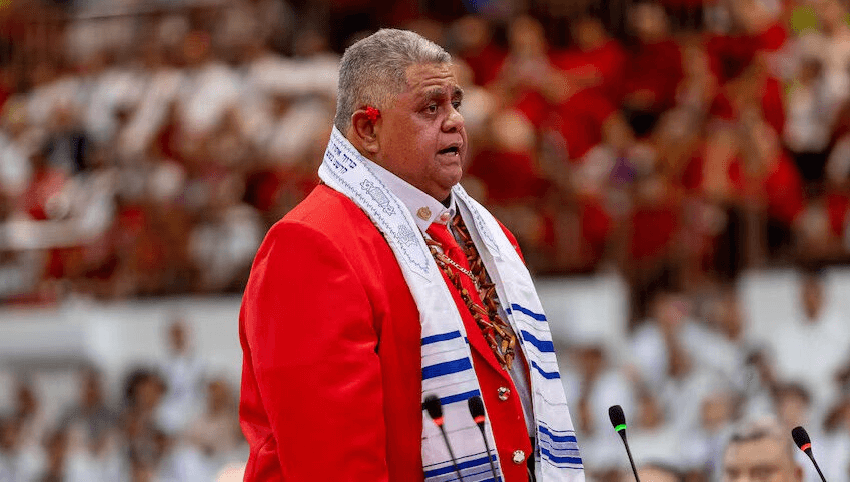You’ve probably heard about carbon trading by now. There has been a rapid rise in pledges by governments, corporations, and civil society organisations to reduce their carbon footprints, often through carbon offsetting; the purchasing of carbon credits to counter or offset emissions produced.
At Sustineo, we have been researching the potential of voluntary carbon markets (VCMs) to bring about positive livelihood and other development benefits in the Pacific. We have found that VCM projects which emphasise partnership approaches and free, prior, and informed consent principles, are able to accommodate and adapt to local context, and have a strong emphasis on non-carbon benefits – known as co-benefits – can deliver an array of positive development benefits for local communities. While acknowledging that VCMs are not a ‘silver bullet’ and have been the subject of recent negative media attention both in Australia and the Pacific, our research has shown that they offer an important new tool to support both conservation and development in the Pacific.
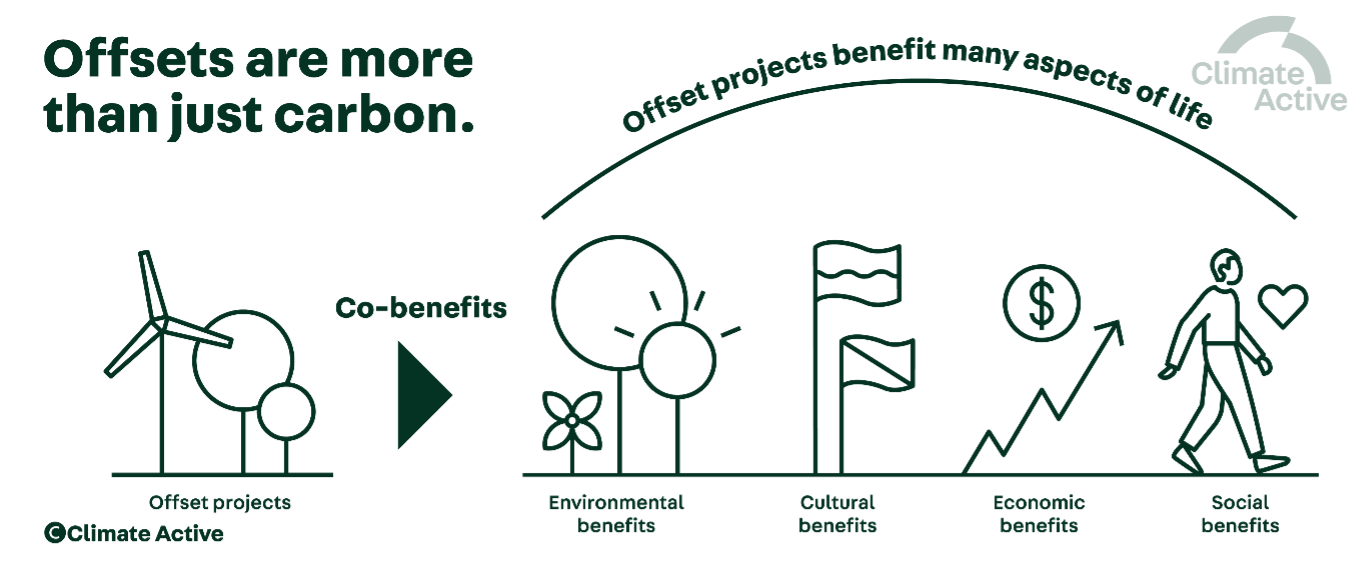
Drawing upon our growing body of work on Pacific VCMs, Sustineo’s Dr Matt Allen and Ellis Mackenzie recently partnered with WWF-Australia – under the Australian Government’s Climate Resilient by Nature (CRxN) initiative – to produce a synthesis report titled The State of Voluntary Carbon Markets in the Pacific. The report, which contributes to the CRxN Indo-Pacific Knowledge Hub, provides an important resource for organisations that are considering engaging with, or investing in, Pacific carbon market activities. It synthesises the complex landscape of VCMs to provide an overview of the current scale of VCMs in the Pacific, how VCM projects are typically designed, and the evolving policy and regulatory environment for VCMs in key Pacific Island countries. Throughout the report there is a strong focus on the unique Pacific contextual factors that can shape the success and failure of VCM projects, such as customary forms of land tenure and supporting Indigenous knowledge for conservation.
The report distils several key messages for understanding the current opportunities and challenges of VCMs in the Pacific, including:
- VCMs in the Pacific are small and nascent but have been growing rapidly in the context of the region’s significant carbon mitigation potential
- There are opportunities for VCMs to support, conserve, and recognise the added value and contribution of Indigenous people, knowledge, and places in the Pacific
- Successful voluntary carbon projects in the Pacific have a strong emphasis on partnerships between international organisations and local in-country partners
- The prevalence of customary land tenure across the Pacific can create additional complexity when it comes to defining carbon property rights. However, a range of mechanisms are being used to meet ownership and ‘permanency requirements’ in the Pacific
- The increasing demand for co-benefits provides an opportunity for more inclusive approaches to VCMs that can empower women and other groups who may be susceptible to violations of their rights.
- Pacific governments are in the process of establishing formal approaches for engaging with VCMs and possess varying levels of capacity and inclination to regulate it.
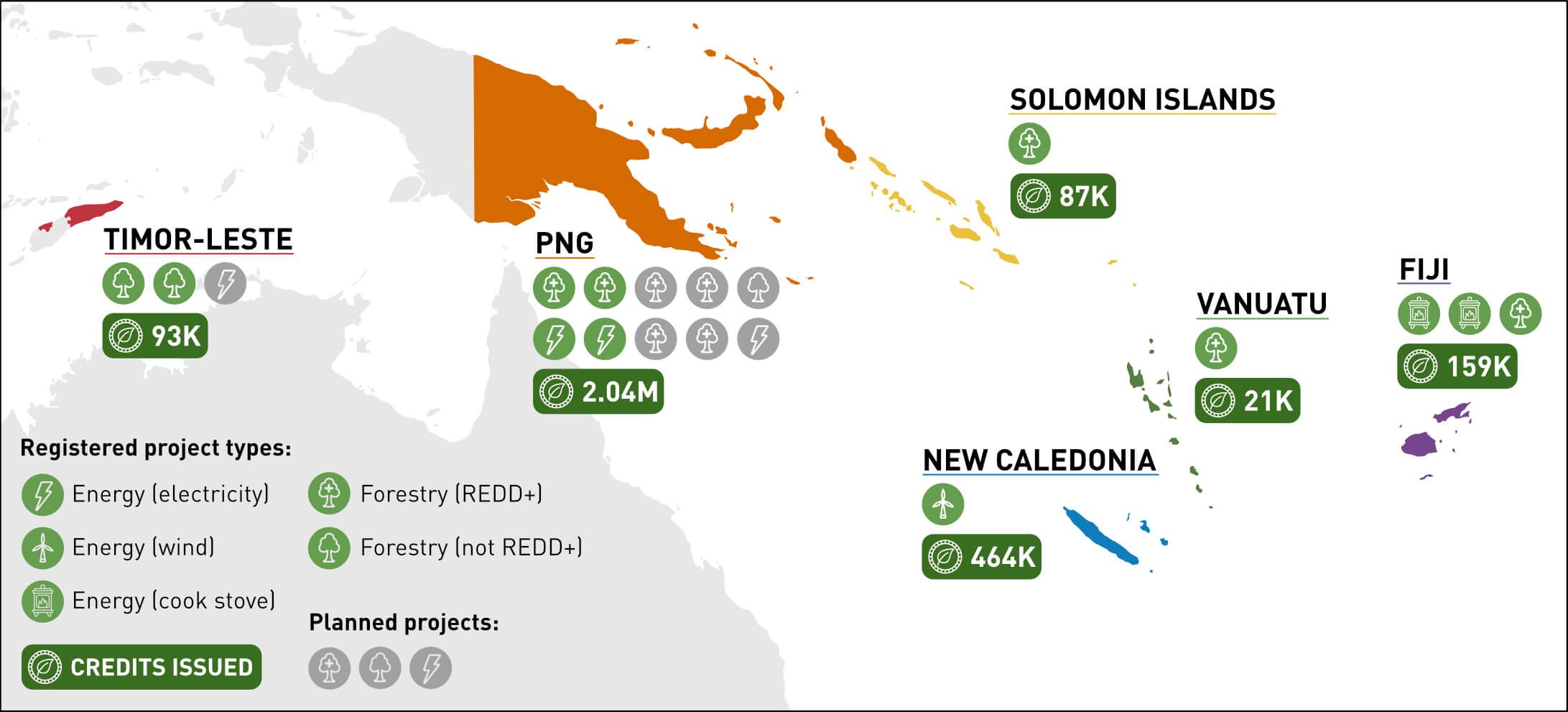
We are continuing to expand our work and expertise on VCMs and payment for ecosystem services (PES) approaches in the Pacific. We are looking forward to continuing to partner with WWF-Australia on a series of carbon market workshops. The first workshop report is available here. We are continuing our work with the Nakau Programme in Solomon Islands where we are undertaking a social assessment to inform the design of a watershed PES project. Looking ahead, we are keen to return to Papua New Guinea, where we will be working with our partners at the ANU Institute of Climate, Energy and Disaster Solutions (ICEDS) and the Nakau Programme to further our work on the potential to establish an agro-forestry carbon trading project with a smallholder coffee farming community.
You can access our recent report here.
For further inquiries about our work in this space, contact Ellis Mackenzie at: ellis.mackenzie@sustineo.com.au
